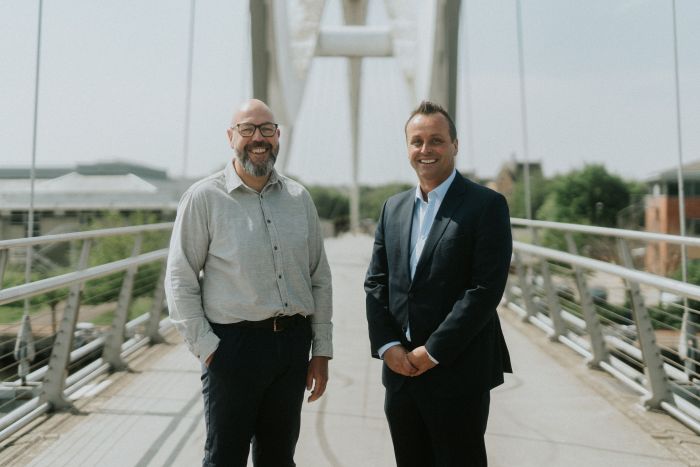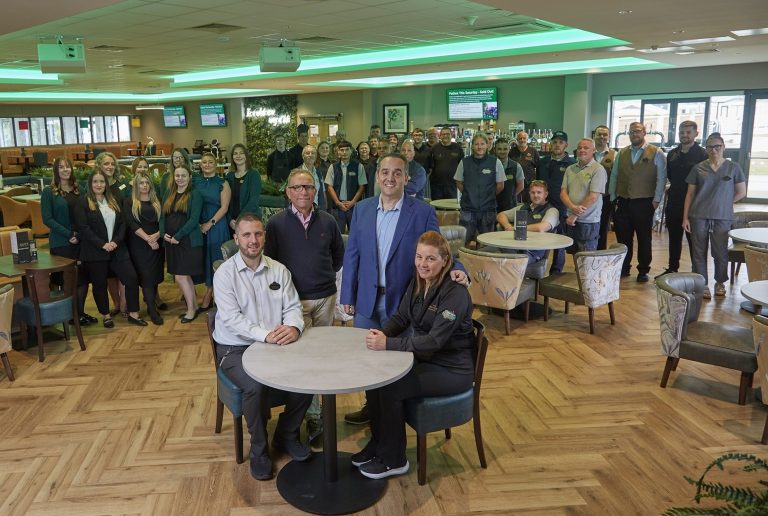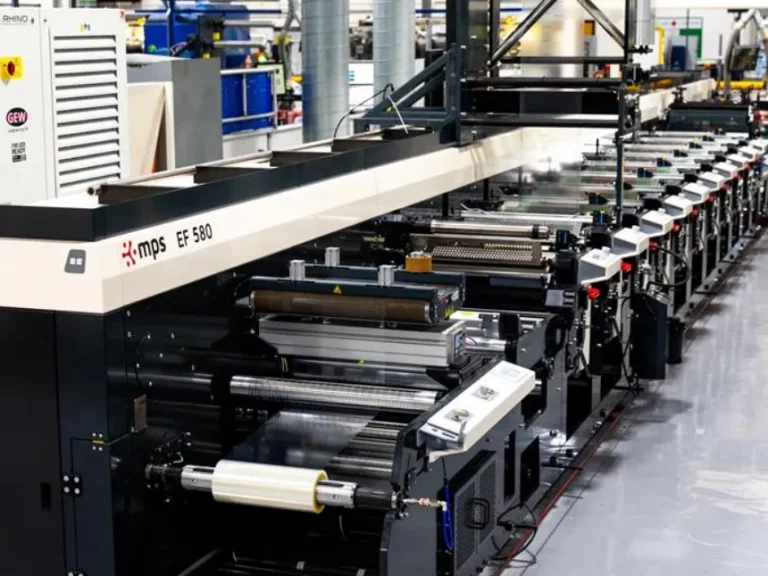EarthScale, a new initiative designed to help climate tech startups scale up, is now accepting applications for its first cohort. This three-year programme is backed by a £5 million grant from the Research England Development Fund and led by Imperial College London, in collaboration with five other UK universities: Nottingham, Cranfield, Derby, Exeter, and Leeds.
The aim of EarthScale is to bridge the gap between the prototype phase and market-ready deployment for climate tech ventures, addressing the challenges startups face in scaling innovative technologies. The programme offers participants access to specialised research, manufacturing facilities, and a network of experts across various technical fields.
The support provided will also include business development assistance, talent acquisition, and help navigating the complexities of regulations and policies. Startups that are selected will have the opportunity to enhance their operations and bring their climate solutions closer to commercialisation.
Applications are open until 7 September 2025, with the programme set to start on 1 October.











